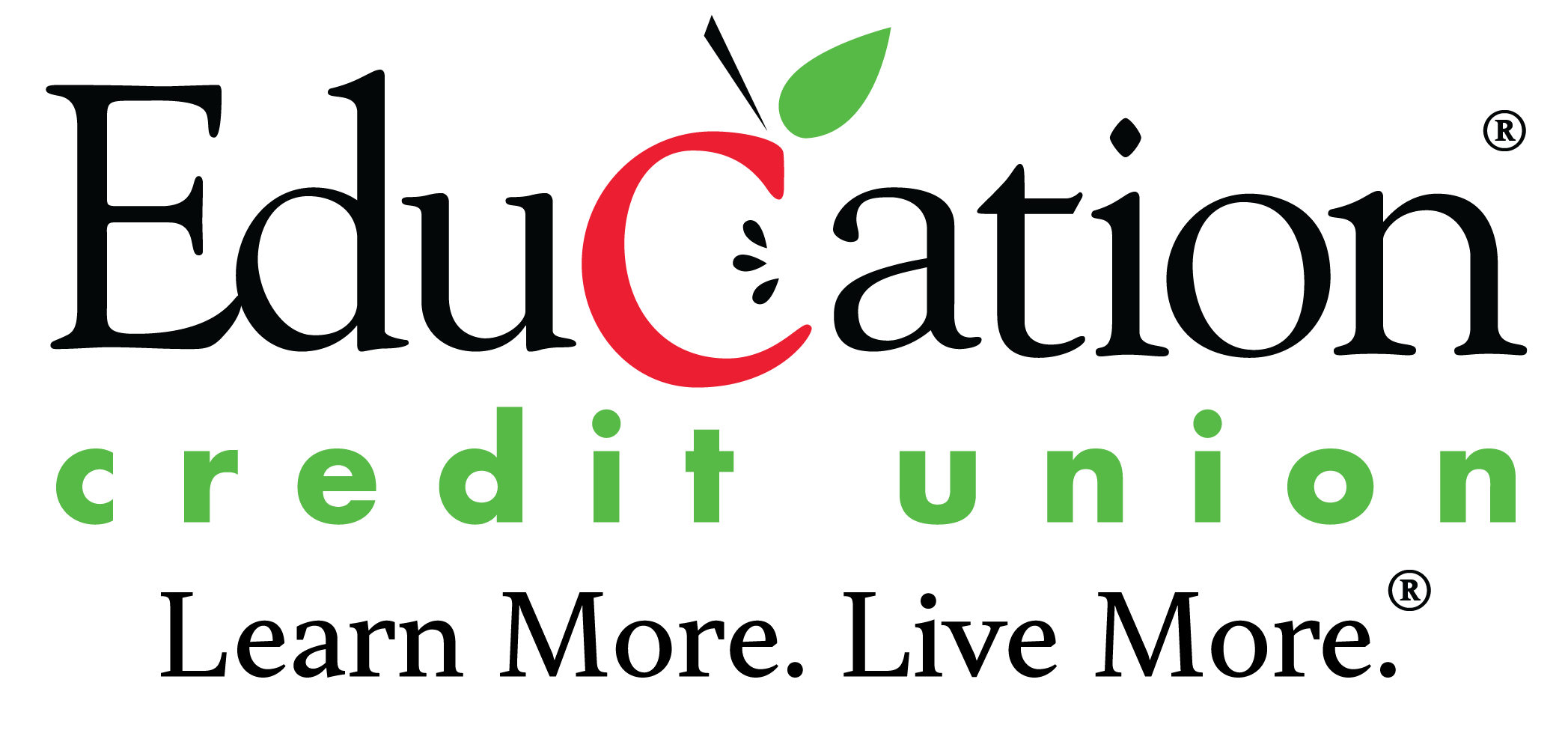Make the Most of It

Investment is the “secret” to success. It’s not really a secret so much as it is a process. It’s like cultivating a garden rather than simply maintaining a lawn. Investment is no more a secret than gardening is; if you want home grown strawberries, buy a strawberry plant, care for it, and harvest the fruit at the appropriate time. If you want to be able to retire at a reasonable age, open an investment account, contribute to it, and make withdrawals at the appropriate times.
The only money a person should invest is money they can afford to lose. Just like there is no guarantee a person will get to harvest strawberries from their home garden even if they follow all of the care instructions (critters may eat it, disease, etc.), there are very few investments with a guaranteed return.
Those who cannot afford to lose money are often encouraged to “invest in yourself”.
It may be easy to think of “invest in yourself” as getting a second job, turning a hobby into a hustle, or even going back to school to earn a certification or degree.
The success of financial investments is usually determined by the amount of effort put in compared to the reward that is received. While doing the work to earn additional income or achieve a certification or degree is certainly an investment, it also requires tremendous effort.
“invest in yourself” does not have to mean increasing the workload. Like a successful financial investment, a person can invest in themselves with just a little effort to achieve remarkable results.
Here are three ways to “invest in yourself” by making money stretch further:
First, negotiate costs.
Many people in the United States hesitate to haggle or really find the best deal. This isn’t for purchases at the grocery store or mall, but for things like insurance and credit card payments. Insurance costs are going to continue to rise to cover the costs of claims being made as the result of natural disasters. Also, people often forget that in Texas (and 41 other states) a person’s credit score is a factor in the cost of their insurance payments. Remember, that anyone can change insurance providers at any time. It’s smart to get quotes from multiple insurance companies to have more bargaining power when negotiating with a current provider.
If a person’s credit score has improved, they can reach out to their credit card provider and request a reduced interest rate. It is also wise to shop around for opportunities to transfer a high credit card balance for a lower interest rate than the current one.
Second, use free stuff.
Not just sample products or goods at the store; people often miss out on free services designed to make their lives easier. For instance, if a family has difficulty getting enough food to eat services like the High Plains Food Bank are free, and can help offset grocery costs. If a person cannot afford medical care, Amarillo has Heal the City that provides free medical care to those who need it. On the less dire end of the spectrum, free services like ECU’s Money Management feature sends a report to our members each month with a spending breakdown so our members can see their largest spending categories at a glance. Education Credit Union also offers free financial counseling services by certified financial counselors; their goal is to help people create successful strategies for reducing debt, building savings, and increasing their credit score. Free services can not only offset costs, but are also useful tools to lay the foundation for future success.
Finally, make wellness a priority.
A good example is making sure that a vehicle gets its oil changed regularly, and filling up before the tank reaches empty. These two small things (investments) increase the life of the car; which means the expense of purchasing a new vehicle is delayed. Maintaining a clean home helps keep people healthy; changing air filters is proven to reduce the amount of money spent on allergy and asthma medications in a household. The city department of health offers free, confidential medical screenings for certain issues. People who spend money for a monthly gym membership should use it, and get at least 30 minutes of exercise per day to keep their body healthy. If a person does not have a gym membership (or has one that is unused) they can take a brisk walk around the neighborhood, jump rope on the back porch, or follow along with videos that guide them through simple stretches in the comfort of their living room. A light, low-impact exercise routine not only keeps the heart and brain healthy, but also helps minimize time spent engaging in otherwise unhealthy behaviors (like mindlessly scrolling on social media, boredom shopping, snacking on junk food, etc.)
The best investment is one that yields the most positive results with the least amount of effort. When it comes to money, a person should trust investments with a “Fiduciary” – a person who legally has to do what is in their client’s best interest. But before a person can invest their money, they are best served by investing in themselves.
